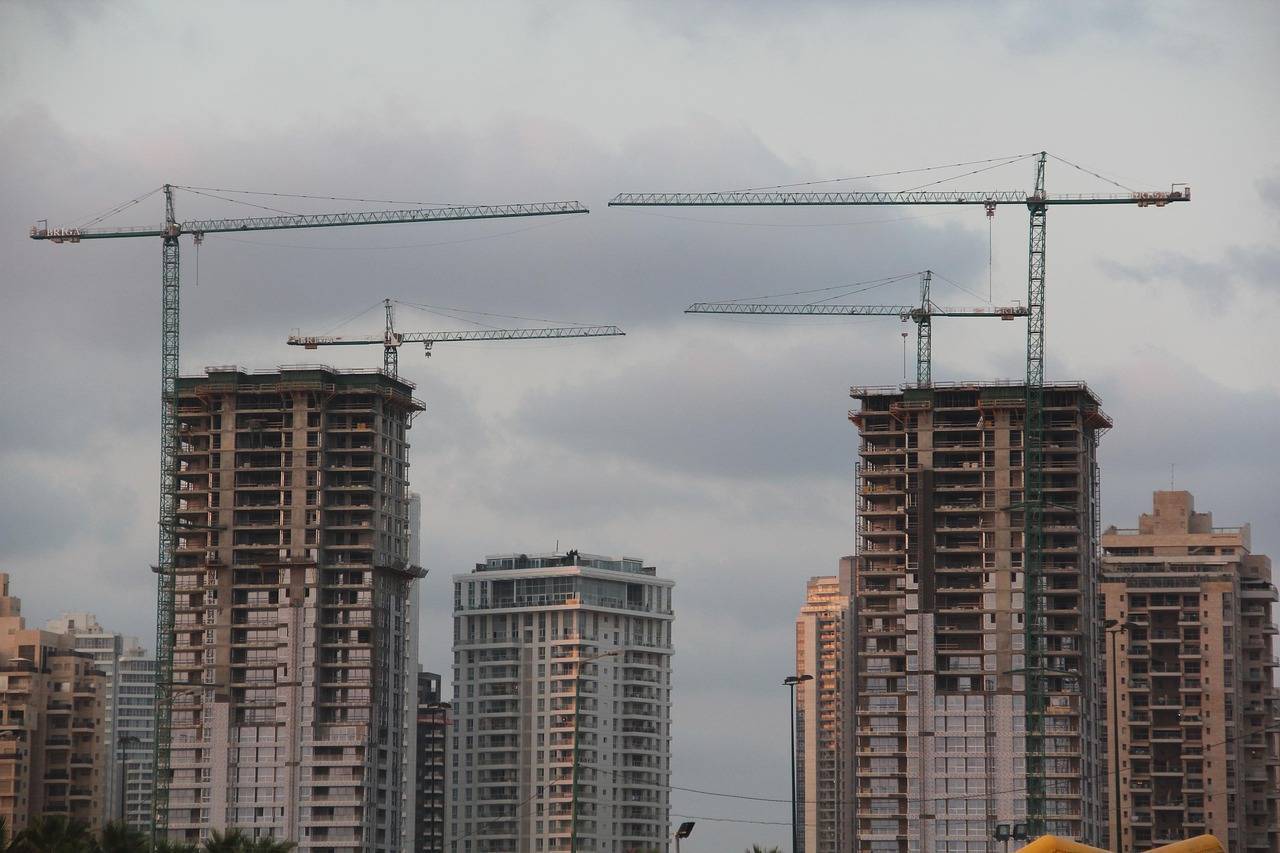According to Colliers‘ Expert Insights | Asia Pacific Office Markets July 2024 report, there are five key value creation opportunities which are set to gain further prominence in the second half of 2024. Innovation, sustainability, diversification and strategic flexibility are some of the key trends, which are shaping the office market across Asia Pacific including India.
In India, flex spaces offering agility and enterprise-level offerings in a dynamic business environment have become an integral part of long-term portfolio strategy. The share of flex space in occupiers’ portfolios has increased from 5-8% in 2019 to approximately 10-15% in 2024. As a result, flex space stock has doubled post pandemic, breaching 50 msf mark and accounts for almost 7% of the total Grade A stock as on Q2 2024.
“India features prominently in the flex market of APAC region and has a flex penetration rate of 7% compared to a penetration rate of 3-4% in other regional markets. The flex market growth is reiterated by the expansionary plans of leading flex operators across major cities of the country. The first half of 2024 has witnessed 4.4 million sq ft of flex leasing; flex demand in the six major cities of the country can potentially cross the 2023 high of 8.7 million sq ft by the end of the year. Overall, the demand for flexible workspaces continue to rise, fueled domestic and global enterprise space uptake across various segments and reflects a broader shift towards adaptable workspaces.” said Arpit Mehrotra, Managing Director, Office Services, Colliers India.
Colliers’ latest report identified five top trends transforming corporate real estate in the months ahead. “There is a growing emphasis on flexible, high-quality workspaces that cater to evolving corporate needs. Organizations prioritizing flexibility, innovation, diversification and sustainability in their real estate portfolios and workplace strategies will be a step ahead moving into 2025.” said Mike Davis, Colliers Managing Director of Occupier Services, Asia Pacific.
Five top trends transforming corporate real estate
Enhanced enterprise resilience: Organizations are prioritizing flexibility in their real estate portfolios and designing workplace strategies accordingly to bolster resilience against market fluctuations and adapt to evolving organizational needs. 80% of CRE leaders globally intend to reduce or maintain their office space by 2026, signaling a broader trend towards flexibility and optimization of real estate assets.
Workplace transformation for talent management: The uptake in hybrid working models reflects shifts in organizational and societal norms towards flexible work arrangements. 59% of CRE leaders globally intend to use labor market analytics more proactively, reinforcing the importance of data-driven decision-making in optimizing workforce management and operational efficiency.
Artificial intelligence and data integration: The integration of data analytics and artificial intelligence (AI) is revolutionizing real estate strategies, driving efficiency across the built environment, as well as optimizing resource allocation and operational performance. 31% of CRE leaders globally see AI as a pivotal area to drive organizational transformation in the next five years, underscoring the increasing reliance on technology to drive innovation and streamline processes.
Diversification in CRE partnerships: Companies are increasingly adopting multiple CRE partner models for real estate and facilities management to enhance service delivery and operational flexibility. 98% of CRE leaders globally expressed similar levels or increased outsourcing plans in coming years, indicating continued reliance on external expertise to augment internal capabilities and drive efficiency.
Sustainability-focused real estate upgrades: There is growing momentum to upgrade legacy real estate assets and align with sustainability commitments to mitigate carbon emissions and prevent assets from becoming redundant due to regulatory changes. 57% of CRE leaders globally are prioritizing sustainability practices in making real estate decisions.
“In India, over the past few years, high-performing green assets have gained significant prominence amongst real estate stakeholders. As of Q2 2024, green-certified office stock is ~ 490 million sq ft, about 67% of India's overall Grade A office stock. Notably, the green-certified stock has surged 68% compared to 2019 levels. As the demand for sustainable workspaces continue to increase, sustainable practices such as securing green building certifications, conducting environmental assessments, and adopting innovative technologies & materials are likely to remain crucial for developers and investors.” said Vimal Nadar, Senior Director and Head of Research, Colliers India.
Conclusion
The Colliers Expert Insights report for July 2024 highlights the evolving office market in APAC and India, driven by trends in innovation, sustainability, diversification, and strategic flexibility. In India, the rise of flex spaces and sustainable workspaces is reshaping corporate real estate strategies, with flex spaces now constituting a significant portion of Grade A stock and green-certified office spaces growing substantially. The integration of AI and data analytics, alongside the diversification of CRE partnerships, underscores the shift towards efficiency and adaptability. As organizations prioritize these trends, they are better positioned to navigate the dynamic landscape and drive value creation into 2024 and beyond.









.png)